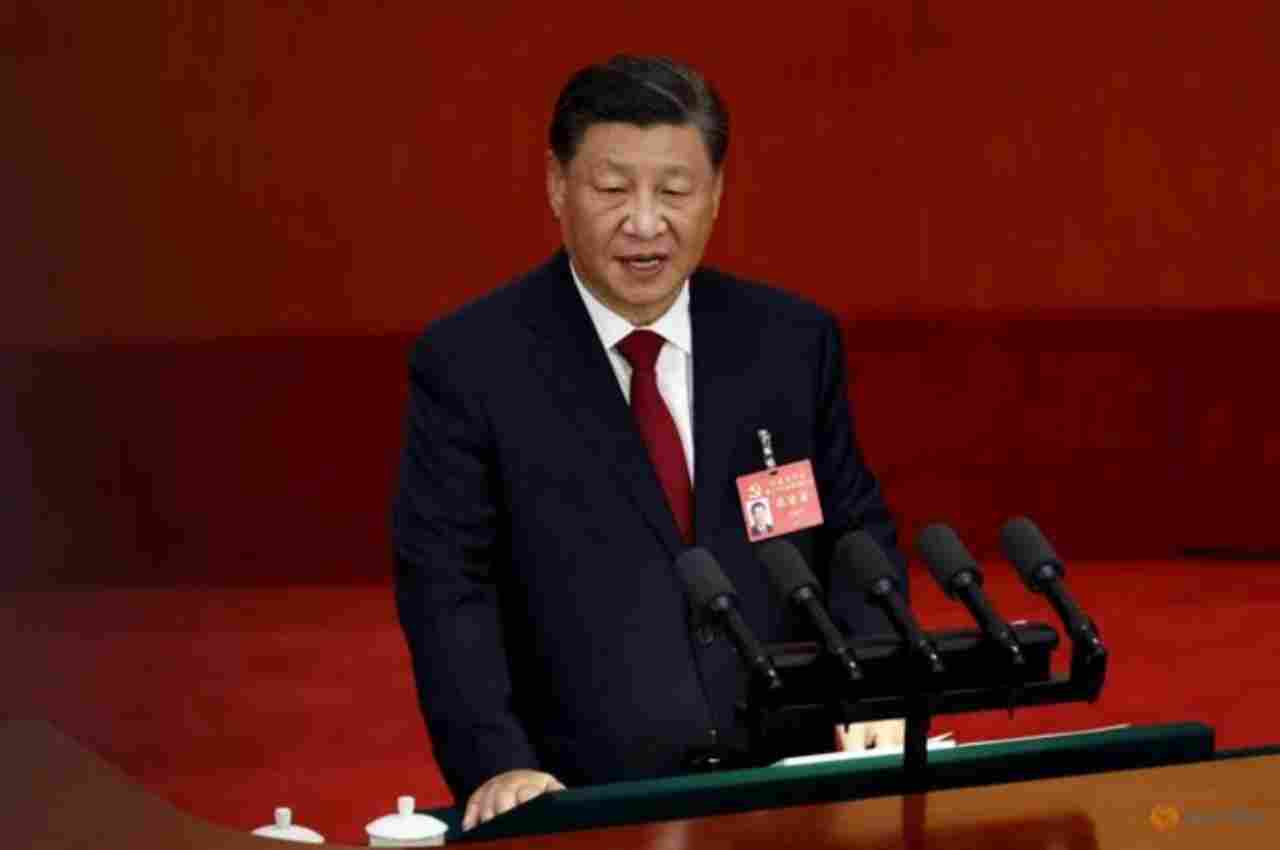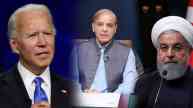New Delhi: Chinese President Xi Jinping’s high-voltage Marxist rhetoric on Sunday with a vow to make China a modern socialist republic aroused hackles at home and abroad that the Communist powerhouse, which for decades put the doctrine to the background, could be taking a turn to the extreme left.
“From this day forward, the central task of the Communist Party of China (CPC) will be to lead the Chinese people of all ethnic groups in a concerted effort to realise the Second Centenary Goal of building China into a great modern socialist country in all respects and to advance the rejuvenation of the Chinese nation on all fronts through a Chinese path to modernisation,” Xi said in his marathon speech at the key Congress of the party on Sunday.
“Only by taking root in the rich historical and cultural soil of the country and the nation the truth of Marxism flourish here,” he told the over 2,300 delegates of the week-long 20th Congress, which is due to confirm his unprecedented 3rd five-year term to make him the only leader after the party founder Mao Zedong to continue in power after 10-year term.
The CPC, which had previously put ideology in the background for the previous three decades, has upped the ideological bar under Xi, 69, who came to power in 2012.
Due to the success of the opening up and economic reforms started by Deng Xiaoping, who put a stop to Mao’s fatal tryst with hardline Marxist-Leninist communist doctrine, China became the second-largest economy behind the US during this time.
After Mao’s passing in 1976, Deng, Mao’s successor, put a stop to the founder’s fixation with ideology and promoted a new theory of Socialism with Chinese Characteristics, under which the CPC remained a Communist party by name but not by practise.
In the years that followed, it implemented the reform and opening-up policies that Deng had pushed for, luring huge inflows of foreign capital to save the country from collapse under Mao.
At a CPC conference in 1981, Deng, who is widely recognised as the father of China’s economic development, made the enigmatic comment “let’s dispense with the theory,” which quickly became a catchphrase among party officials, to minimise the significance of Marxist doctrine.
Jiang Zemin and Hu Jintao, his successors, followed in his footsteps by swiftly enhancing the market’s influence over China’s internal economy and adopting a foreign strategy that maximised China’s involvement in a United States-led global economic system.
“Xi has brought that era of pragmatic, non-ideological governance to a crashing halt,” Australia’s former prime minister Kevin Rudd, who is widely regarded as the foremost expert on China, wrote recently in the Foreign Affairs journal.
“In its place, he has developed a new form of Marxist nationalism that now shapes the presentation and substance of China’s politics, economy, and foreign policy,” he said.
“Xi has pushed politics to the Leninist left, economics to the Marxist left, and foreign policy to the nationalist right,” Rudd said.
Xi has “reasserted the influence and control the CPC exerts over all domains of public policy and private life, reinvigorated state-owned enterprises, and placed new restrictions on the private sector”, Rudd said in his write-up ahead of the CPC Congress.
At the same time, Xi has “fanned nationalism by pursuing an increasingly assertive foreign policy, fueled by a Marxist-inspired conviction that history is ultimately on China’s side. He claimed that Xi’s rise amounted to nothing less than the reemergence of Ideological Man.
Xi, an ardent follower of Mao, is eager to make his stamp on history, according to Cai Xia, a professor who spent 15 years at the CCP’s Central Party School in Beijing.
The Central Party School, which Xi himself oversaw while serving as vice president, provided doctrinal instruction to CCP cadre at various levels.
“And because previous reforms failed to place real checks and balances on the party leader, Xi has succeeded. Now, as under Mao, China is a one-man show,” Cai, who migrated to the US after her retirement and turned a dissident, wrote in the Foreign Affairs journal.
“One part of Xi’s plot to consolidate power was to solve what he characterised as an ideological crisis. The Internet, he said, was an existential threat to the CCP, having caused the party to lose control of people’s minds” and cracked down on bloggers and online activists, censored dissent and strengthened China’s “great firewall” to restrict access to foreign websites, she said.
“The effect was to strangle a nascent civil society and eliminate public opinion as a check on Xi,” she said.
On the other hand, Chinese political specialists asserted that because it presents nations all over the world with a new growth model, Xi’s “theoretical innovation” of the CPC has worldwide relevance.
Shen Yi, a professor at the School of International Relations and Public Affairs of Fudan University, told China’s state-run Global Times that “the concept of Chinese modernisation was raised for the first time as one of the most important conclusions the CPC made from its past experiences.”
Shen claimed that after more than a century of study and construction since the 1911 Revolution, China has now finished a Chinese path to modernization, offering a whole unique alternative, because there is no pre-made growth path or mode for China to directly replicate or imitate.
He added that it offers a third option for those emerging nations who are looking for or battling with their development paths and want to achieve quick self-growth while preserving their sovereignty, independence, and territorial integrity.
Xi highlighted the distinctive characteristics of Chinese modernization, which, he claimed, is the socialist modernization undertaken under the leadership of the CPC, in his speech on Sunday.
Although it has elements that are universal to all modernization processes, Shen said it is more distinguished by characteristics that are specific to the Chinese context.
In his speech, Xi stressed the importance of the following five years in ensuring that the efforts to create a modern socialist nation in every way get off to a strong start.
“Building a modern socialist country in all respects is a great and arduous endeavour. Our future is bright, but we still have a long way to go. We must therefore be more mindful of potential dangers, be prepared to deal with the worst-case scenario, and be ready to withstand high winds, choppy waters and even dangerous storms,” Xi said.
Professor Zhang Xixian of the Party School of the CPC Central Committee in Beijing stated that the risk of war over Taiwan against the backdrop of growing US support for Taiwanese independence movements is what might potentially cause “harmful storms.”
China contends that Taiwan is a part of its territory and opposes any nation that does so.
According to Zhang, China’s modernization will succeed in tandem with that of other countries, providing opportunities for those other nations to also modernise and flourish.










